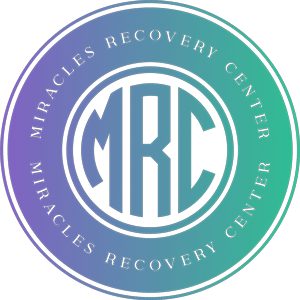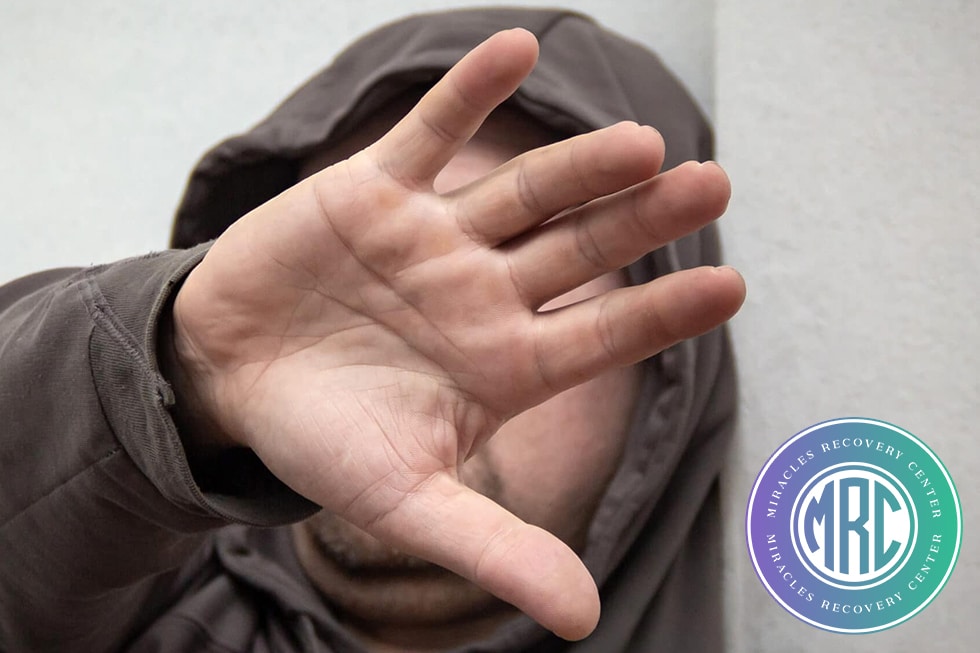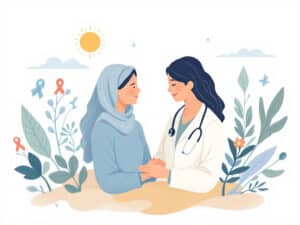Toxicity and overdose are very similar. Both can have serious symptoms and results, however:
- Toxicity is almost always accidental.
- Drug overdose may also be accidental but may be done on purpose if the person is trying to end their life.
- Toxicity is typically an over-accumulation of one prescription medication, but
- Overdose can happen after too much of any substance or combination of substances is used.

What’s Toxicity?
Drug toxicity refers to how harmful or poisonous a substance can be. Toxic effects of a drug depend on the dose and can have an effect on an entire system, such as the central nervous system or a specific organ, such as the liver. The toxicity of the drug occurs when the individual has accumulated too much of the drug in their bloodstream.
This build-up causes detrimental effects on the body. When the recommended dose is too high or the liver or kidneys aren’t able to remove the drug from the bloodstream, it builds up in the body. However, toxic and therapeutic effects can occur at the same time.
How Does It Happen?
Drug toxicity can happen as the result of ingesting too much medication at once. This can happen if the dose taken is more than what was prescribed, whether it is intentional or accidental. In the case of certain medications, drug toxicity can also happen as an adverse drug reaction (ADR). In these times, the normal therapeutic dose of the drug can cause side effects that are unintended, unwanted, and harmful.
For example, in the case of the drug lithium, the difference between what is an effective dose and what is a toxic dose is very slim. What is therapeutic for one person may be toxic for another. Furthermore, drugs with a longer half-life can build up in the bloodstream and increase over a period of time. A drug’s half-life is the time it takes for the amount of a drug’s active ingredients in your body to reduce by half. This is dependent on how the body processes and clears the drug. It may be a few hours, a few days, or sometimes weeks.
Other factors that affect how quickly a body can clear medication are:
- Age
- Kidney function
- Hydration
Signs of Drug Toxicity
Symptoms of drug toxicity are different depending on the medication. And different symptoms can occur depending on whether the toxicity is:
- Acute Drug Toxicity: A one-time ingestion by a person who has not been taking the drug. It is easier to diagnose acute toxicity because the symptoms will appear after the one-time use of the medication. Blood tests can also be used to test for levels of the medication in the person’s bloodstream.
- Chronic Drug Toxicity: the result of a slow buildup of the medication to toxic levels by a person who is taking it as prescribed. Chronic toxicity is harder to diagnose. Stopping the medication and then starting again, later on, is one way to test whether the symptoms were caused by the medication. This can be a problem if the medication is necessary and doesn’t have a comparable substitute.
Relating to behavior, drug toxicity can appear in a variety of ways such as:
- Loss of locomotor activity (ability to get from one place to another)
- Loss of coordination
- Cognitive impairment
Treatment
There are several ways drug toxicity may be treated. If it’s because of an acute overdose, then the individual may need their stomach pumped to remove drugs that have been absorbed. Activated charcoal may be given to bind the drugs and keep them from being absorbed into the blood. It is eliminated from the body through feces. Other medications may also be given as an antitoxin.
Overdose
When we talk about someone overdosing on something, we mean that they’ve taken too much of something that would have a desirable effect otherwise, regardless of whether it’s medicinal or recreational. A person may overdose on a substance whether it’s:
- Prescription
- Over-the-counter medications
- Legal
- Illegal
Overdose is defined as “ingestion of a dose of otherwise beneficial medication that is larger than recommended, to the degree that it causes harm.” An overdose can cause serious medical complications including death. The severity of an overdose depends on:
- The drug
- The amount is taken
- The medical and physical history of the individual who took it
Overdose Risk Factors
There are a number of factors that increase the risk of an overdose including:
- Improper drug storage: drugs that aren’t stored safely can be easy for small children to get into and accidentally overdose.
- Not knowing or following instructions: Accidently taking too much or more often than prescribed can lead to an overdose.
- History of addiction or misuse: Misusing prescription drugs intentionally or using illicit drugs puts a person at higher risk of overdose. The risk increases if multiple drugs are used, mixed, or used with alcohol.
- History of mental disorders: Depression and suicidal thoughts can be risk factors for a drug overdose, especially if the disorder is not being treated.
Symptoms Of An Overdose
An overdose may be mild, moderate, or serious. Symptoms, treatment, and recovery all depend on the drug that was taken, the person, and the amount taken. Still, there are some general symptoms including:
- Nausea and vomiting
- Drowsiness
- Loss of consciousness
- Breathing difficulties
- Trouble walking
- Agitation
- Violence
- Enlarged pupils
- Tremors
- Convulsions
- Delusions or hallucinations
Get help immediately if you or someone else has these symptoms and you know or suspect that there has been an overdose. A large overdose can cause a person to stop breathing and die if not treated right away. An overdose can result in permanent brain damage if treatment is delayed.
Treatment For A Drug Overdose
Knowing what drug and how much was ingested can be extremely helpful during overdose treatment. However, that information is not always available. Some general practices for treatment that healthcare professionals use are:
- Clear the person’s airway or place a breathing tube when there is a problem breathing
- Give activated charcoal to absorb the drug
- Induce vomiting to remove the drug from the stomach
- Pumping the stomach to remove the drug
- Give IV fluids to speed up the body’s removal of the substance
A counteracting medication may be used for certain drug overdoses. The drug, naloxone can help reverse the effects of a heroin or other opioid overdose.
How Can You Prevent An Overdose?
Overdoses can be prevented in several ways. The best ones remove the chances for accidental overdose or triggers of an intentional overdose in the first place, such as:
- Make sure that all medications are kept out of the reach of children.
- Be sure to only use prescription drugs as directed by your doctor.
- Don’t combine medications without asking your doctor first.
- Don’t mix alcohol with prescription drugs without checking first.
- If you are misusing drugs, quitting is the best way to prevent an overdose.
- Be aware that certain ways of using drugs can be riskier than others. Inhaling and injecting drugs increases your chances of using an amount that can harm you.
- If you have depression or suicidal thoughts get help right away.
What About Poisoning?
An overdose is a type of poisoning, but not all cases of poisoning are overdoses. This is what we call it when someone injects heroin that turns out to be more powerful than they thought it was. The overdose stops their breathing and if they don’t get help on time, they die. This person has taken an overdose of heroin, therefore, they have been poisoned with heroin. Both may be correct.
However, an overdose is not exactly the same as poisoning even though the effects can be the same. Poisoning occurs when something (possibly the environment) or someone exposes you to dangerous chemicals, plants, or other harmful substances without your knowledge. In the previous example of the heroin user, perhaps this heroin user has gotten their heroin from a dealer who adulterated it with lead.
The heroin user got a normal dose of heroin—but they also got a dose of lead, which is very harmful to the body and which, in toxic amounts, will injure the central nervous system. This user hasn’t overdosed, but they have been poisoned. The lead wasn’t meant to be medicinal or recreational at all; it was a foreign substance added, deliberately or not, to the drug they actually wanted to take.
Seeking Help With Overdoses Or Drug Toxicity
Have you ever overdosed? Or do you have issues with drug toxicity? Do you know someone who does? At Miracles Recovery Center, we can answer your questions and help you get the information and help you need. Do you have a co-occurring mental issue that you’re struggling with? Many people do have an emotional problem that has brought on their use or need for drugs or medication. Contact us today. This is a cycle that can be stopped.




